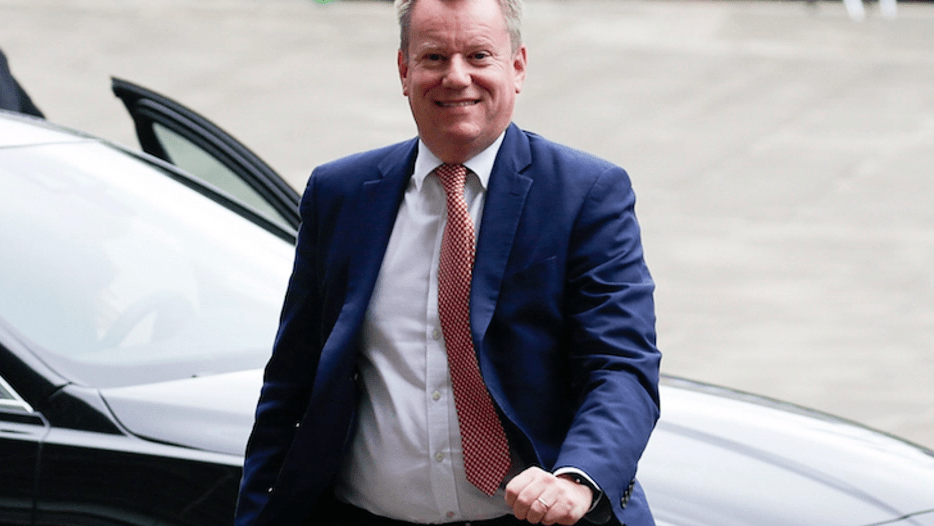Is there going to be an extension to the Brexit transitional period during which the UK must obey EU rules and keep stumping up cash for Brussels? The answer may appear obvious: David Frost, the UK’s chief negotiator, has unequivocally and publicly ruled it out. As he tweeted on 16 April: ‘Transition ends on December 31 this year. We will not ask to extend it. If the EU asks we will say no.’
But, this being politics, Frost’s statement leaves a key question unanswered. Namely: Is there going to be an extension to the Brexit transitional period? I do not mean to cast aspersions on Frost’s integrity here, but I merely note that in his early months as Prime Minister, Boris Johnson promised that we would leave the EU on 31 October, 2019 ‘come what may’. And then we didn’t.
Few blamed him, recognising that the failure to leave was not his fault and that the strength of his public commitment had shaken Brussels out of a complacent belief that Britain would never leave without a deal, causing it to reopen Theresa May’s flawed deal.
So it would be a perfectly respectable negotiating tactic to publicly claim there are no circumstances in which an extension will be considered in order to pile more pressure on Brussels, while privately holding a slightly less unequivocal position.

Britain’s best politics newsletters
You get two free articles each week when you sign up to The Spectator’s emails.
Already a subscriber? Log in








Comments
Join the debate for just £1 a month
Be part of the conversation with other Spectator readers by getting your first three months for £3.
UNLOCK ACCESS Just £1 a monthAlready a subscriber? Log in